Transcriptions

Our transcription services offer comprehensive solutions to create written transcripts of audio recordings, whether they are digital or analogue, in any required language. Each audio transcription undergoes proofreading to ensure a high level of accuracy, and we pride ourselves on delivering work within a short turnaround time.
In addition to single-language transcripts, we offer an optional dual plus package that includes a written transcript of the source language along with a translated version. This two-column format includes audio timing indications for easy reference. For clients in need of transcripts in multiple languages, we apply the same high-quality transcription procedures used for translation work. This includes creating a glossary of approved terms, following brand guidelines, and developing a style guide to ensure consistency across all language versions.
We are equipped to transcribe audio from various sources, such as MP3, MPEG-4, PCM (WAV/AIFF), AU, AAC, WMA, Orbis, FLAC, BWF, 3GP, M4A, OGG, and traditional audio cassettes. You can conveniently send us the audio electronically via email, FTP, i plus, Drobox, or WeTransfer. Alternatively, we also accept physical submissions on tape or CD, according to your preference.
Our transcription services are available in the same language as your recording or in over 200 other languages, including Braille for the visually impaired. Transcripts can be provided in the format of your choice, whether it’s Microsoft Word, RTF, HTML, OpenOffice, Google Drive, Pages (iWork), Lotus WordPro, Microsoft Works, or Corel WordPerfect.

HUMAN TRANSCRIPTIONS VS AI
Human transcriptions and AI-based transcriptions each have their own set of benefits. Here are some advantages of human transcriptions compared to AI:
Accuracy and Language nuances: Human transcriptions tend to provide higher accuracy, especially when it comes to complex or specialized content. Human transcribers can better understand and interpret nuances, dialects, accents, and context-specific terminology, resulting in more accurate and reliable transcripts.
Contextual understanding: Humans possess the ability to understand the context and interpret non-verbal cues, such as tone of voice, emotions, and speaker intentions. This contextual understanding helps in producing more meaningful and accurate transcriptions, capturing the intended message more effectively.
Adapting to different accents and languages: Humans are skilled at deciphering speech in various accents and languages, including regional variations and colloquialisms. They can adapt to different speech patterns and provide accurate transcriptions regardless of the speaker’s background or dialect.
Complex content comprehension: Human transcribers excel in understanding complex subject matter, technical jargon, or specialized domains. They can research unfamiliar terms, verify information, and provide more accurate transcriptions in fields such as medicine, law, science, or academia.
Quality control: Human transcriptions often undergo a rigorous quality control process. Professional transcribers review and edit their work to ensure accuracy, correct any errors, and maintain high standards. This additional level of scrutiny helps deliver transcripts with higher quality and reliability.
Confidentiality and data security: Human transcriptions provide an added layer of confidentiality and data security. Professional transcribers adhere to strict confidentiality agreements, ensuring sensitive information remains protected. This can be particularly important for legal, medical, or corporate transcription where privacy is critical.
Customization and flexibility: Human transcriptions offer flexibility in accommodating specific formatting requirements, speaker identifications, timestamps, or annotations. Transcribers can tailor the transcript to meet individual preferences, making it easier to navigate and extract relevant information.
Error correction and revision: In the event of errors or inaccuracies, human transcriptions allow for easy revision and correction. Transcribers can revisit the content, make necessary adjustments, and ensure the final transcript is polished and error-free.
While AI-based transcriptions have their own advantages, such as speed and cost-effectiveness for certain applications, human transcriptions shine when accuracy, context, nuanced understanding, and quality control are paramount. They are particularly valuable for content that requires human comprehension, expertise, and attention to detail.
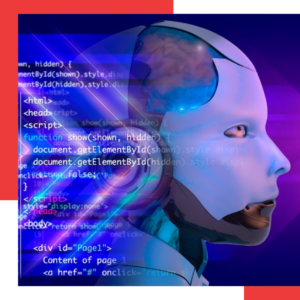
Trusted Quality
With 20 years of experience providing language services for the the world's multinational companies, organizations and government bodies.
130
Languages
500+
Comapnies
1500+
Projects
120K
industries



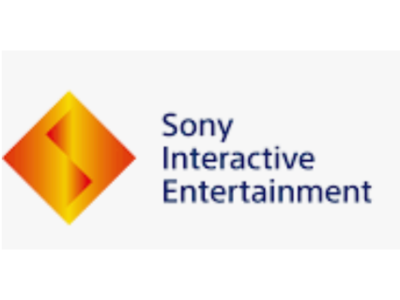


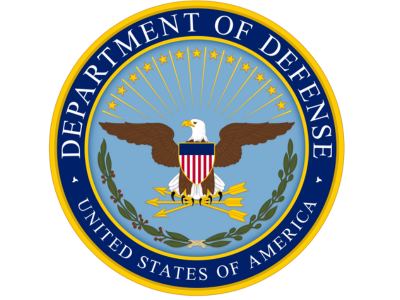







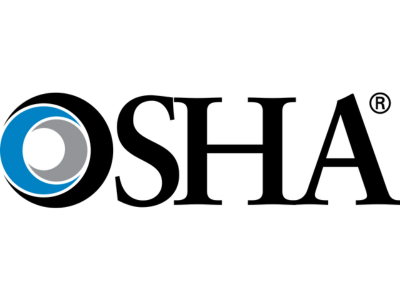
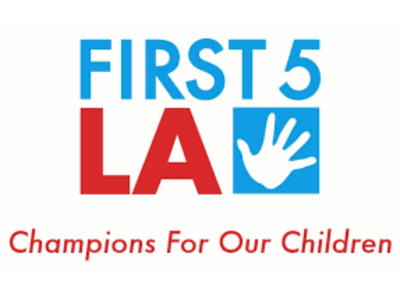





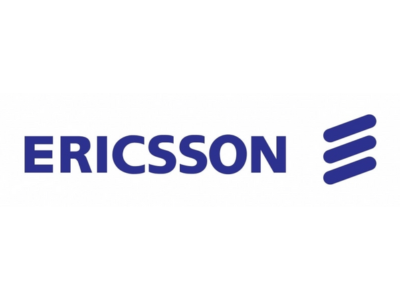




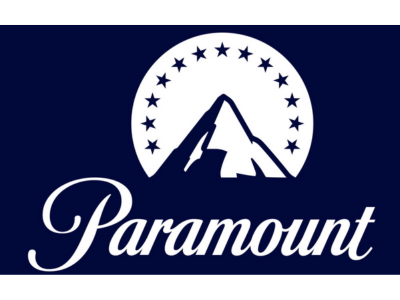





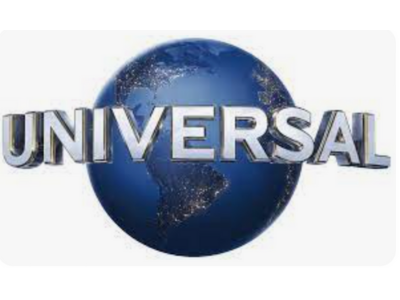
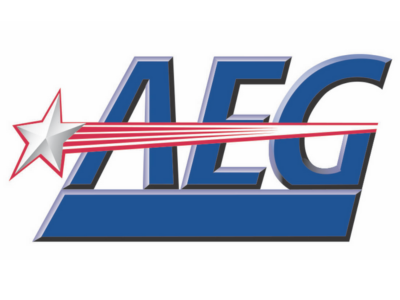

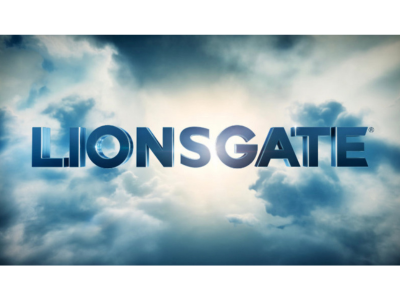
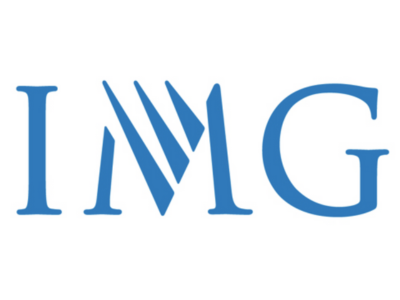

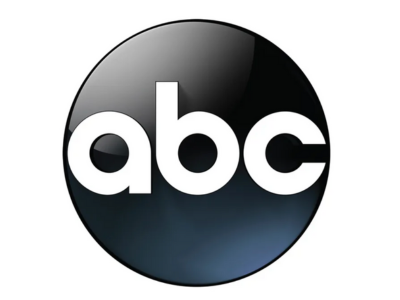




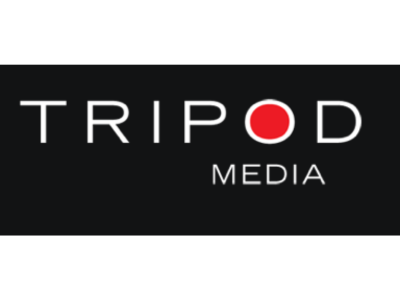

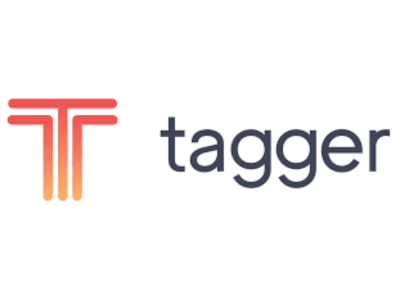
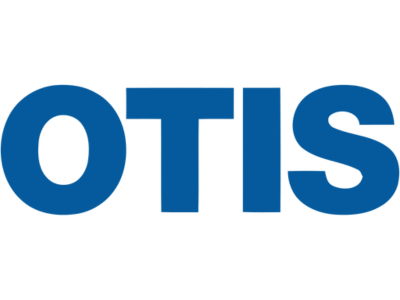





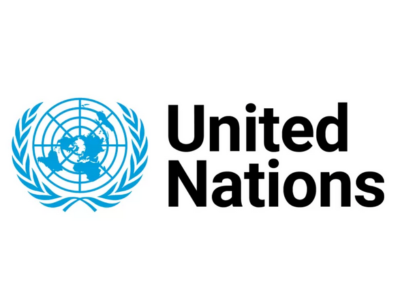
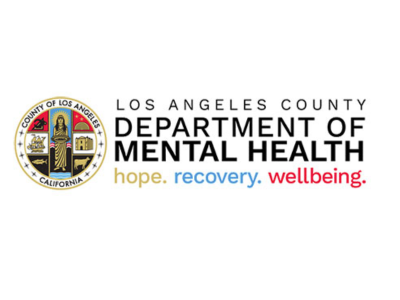


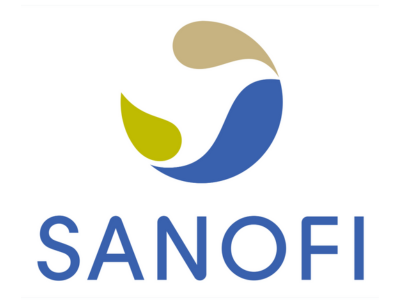



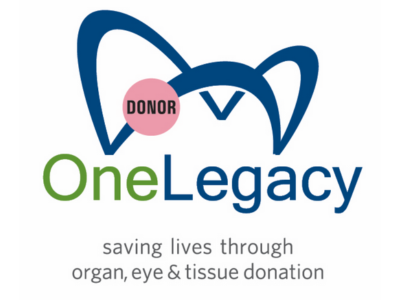

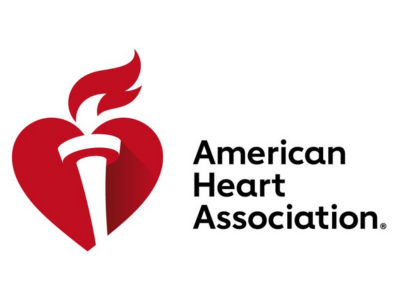
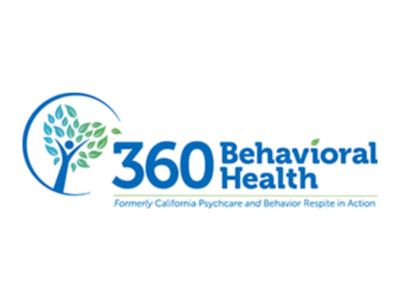

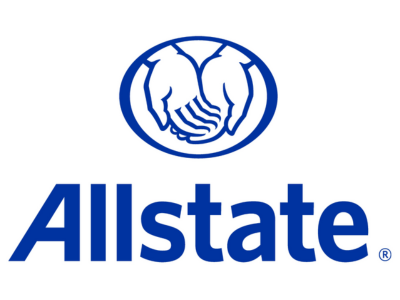


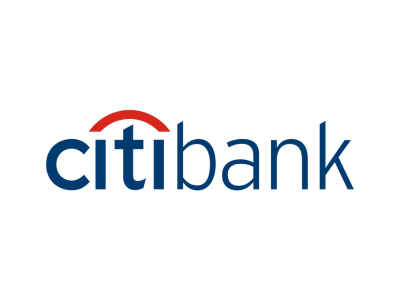


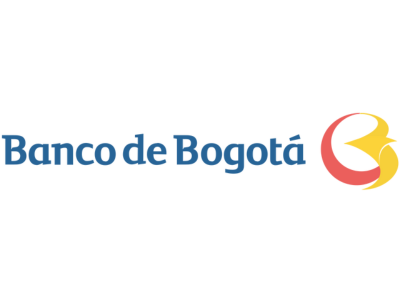
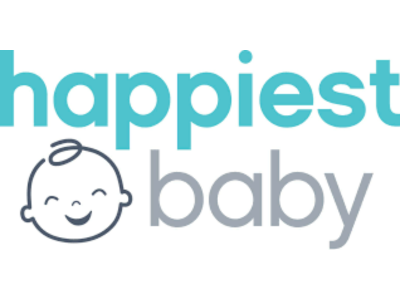

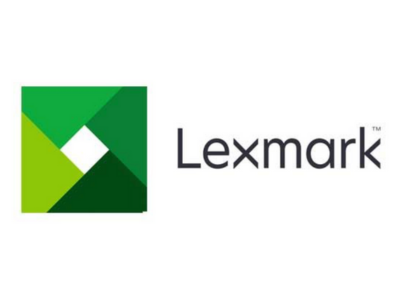
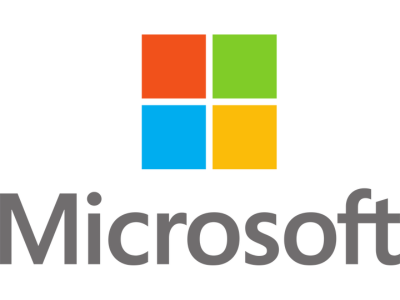
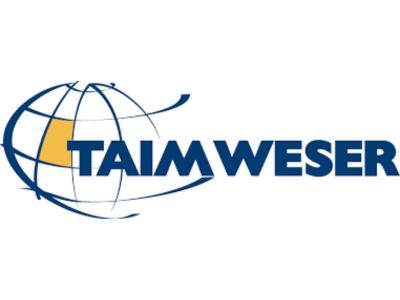
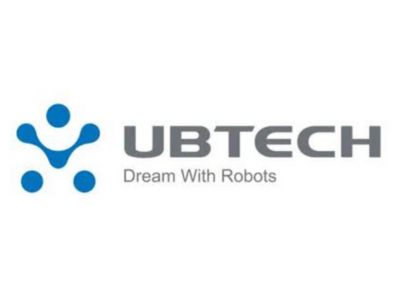
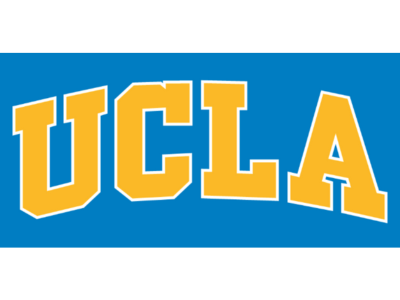
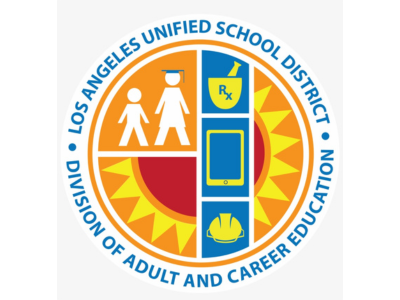

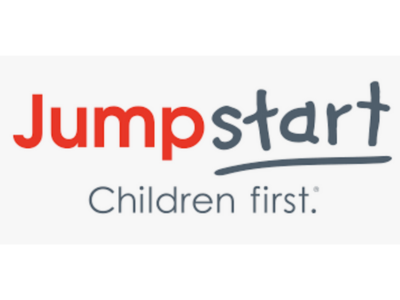
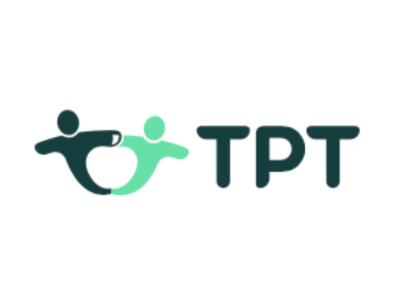
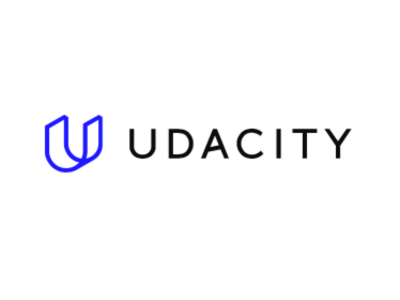
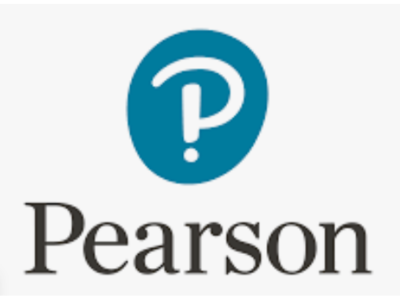






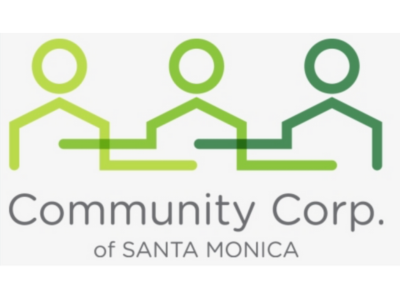




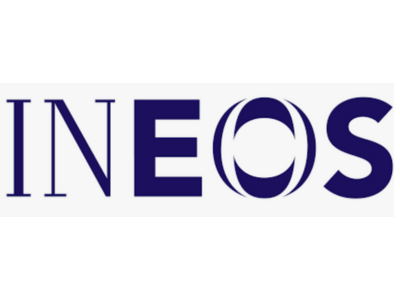




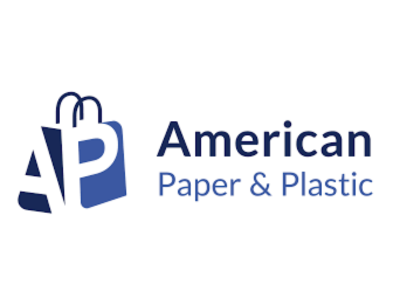


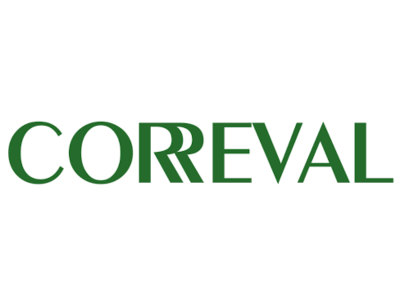



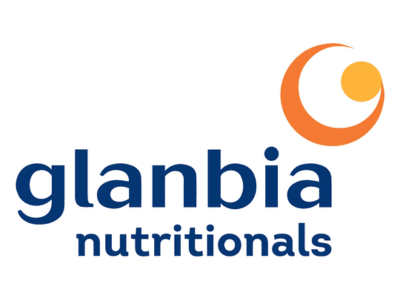



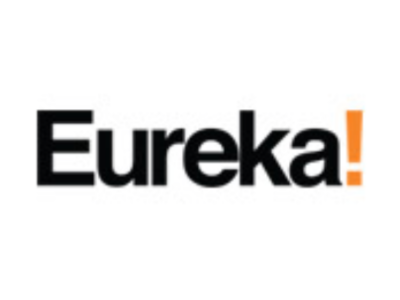



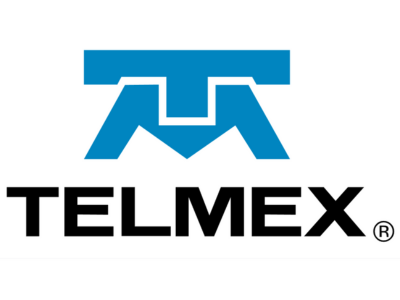
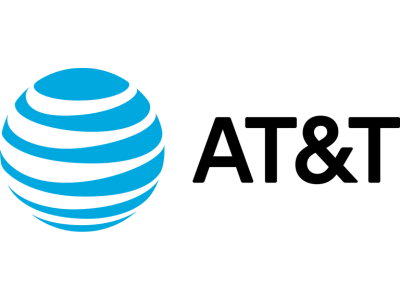
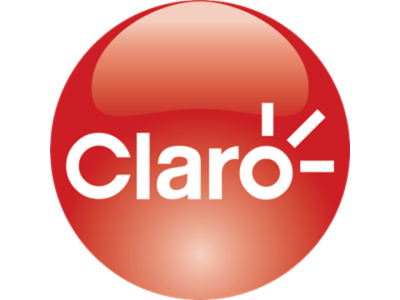
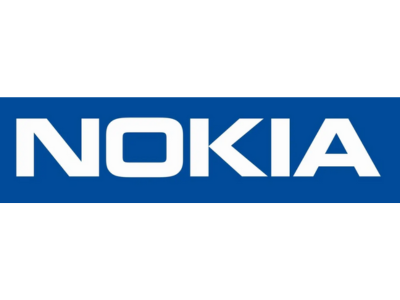
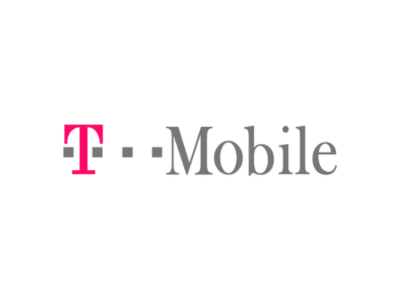
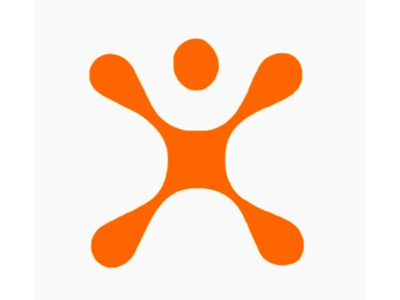


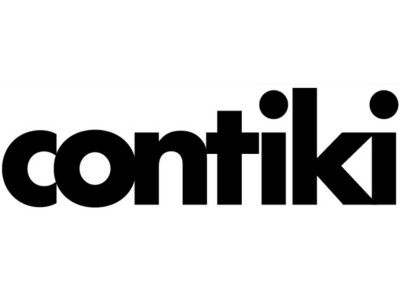





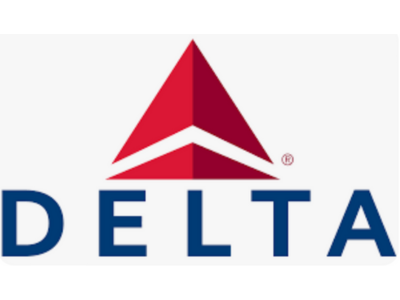

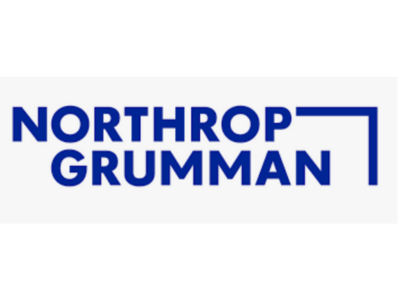
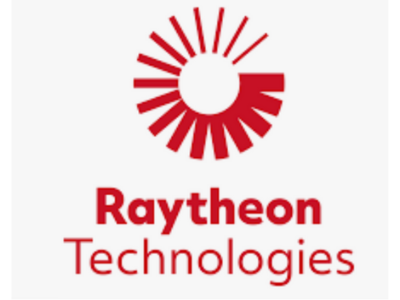







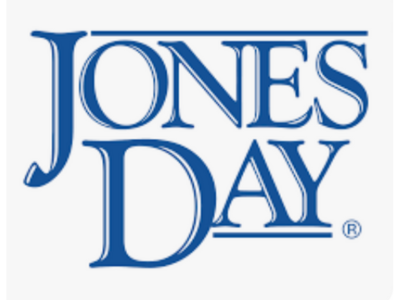


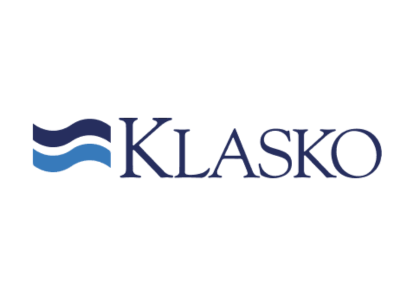



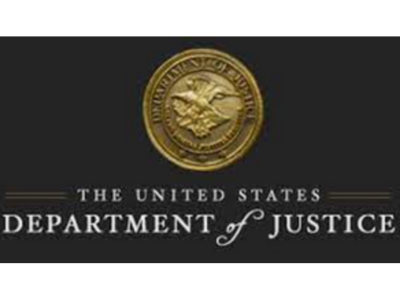



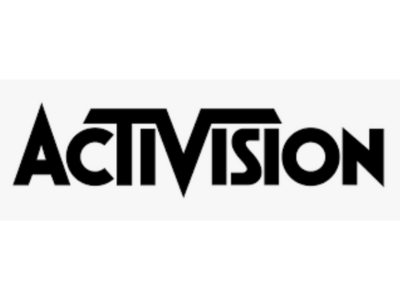
CLIENT STORIES
We’re proud of the company we keep
Top companies from all over the world come to us when they want to engage with global audiences in new markets. From retail and travel companies to financial services and life sciences organizations, we’re the leading choice for professional translations in over 170 languages with more than 10,000 native-speaking linguists.
Angeline Chen
Law Office of Carl Shusterman
Arkadij Elizarov, Ph....
Siemens Healthcare
Angela Harkin
Jacob Bailey Consulting
Contact Info
We have additional offices in New York, Chicago and Miami. See contact info for those offices below.
WLC LOS ANGELES
-
2029 Century Park East, Ste 400N,
Los Angeles, CA 90067 - 800 920 4816
- admin@worldlanguagecommunications.com
WLC MIAMI
- 80 SW 8th St Suite 2000 Miami, FL 33130
- (305) 421-7254
- admin@worldlanguagecommunications.com
WLC LOS CHICAGO
- Equitable Building, 401 N Michigan Ave Suite 1200 Chicago, IL 60611
- (312) 428-3671
- admin@worldlanguagecommunications.com
WLC NEW YORK CITY
- 5 Penn Plaza 23rd Floor New York,New York 10001
- 212-537-5818
- admin@worldlanguagecommunications.com
Get in Touch
Fill out the form to request information
